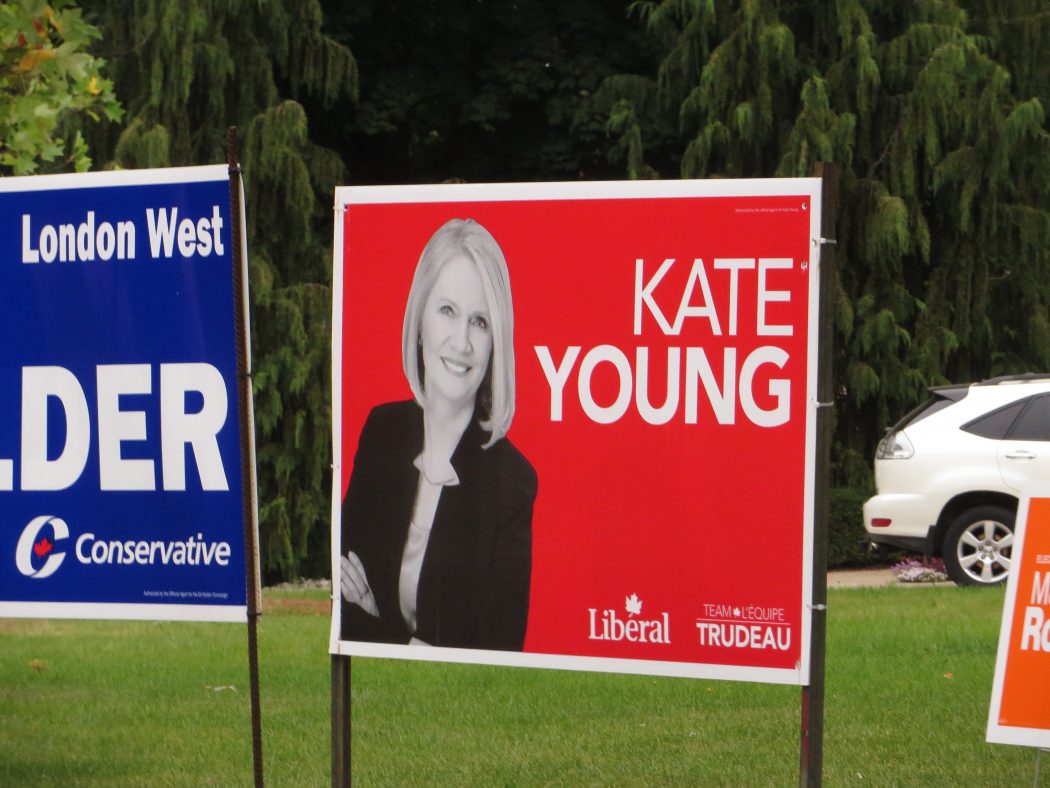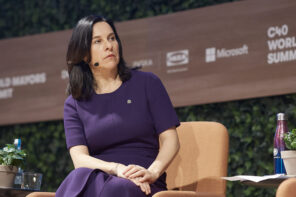When sorority Instagram accounts post pictures of their members attending a protest right next to pictures of those members enjoying their vacation in the Maldives, you know that particular protest was not an earnest act of opposition. But don’t get mad at that sorority for using an important issue to boost their PR campaign. In terms of effective politics, true rebellion isn’t desirable. Instead, we should encourage old-fashioned, formal politics.
There’s a reason that a sorority Instagram account would show off its members attending a protest. Many protests, especially larger ones, become a kind of social activity— a commitment to a worthwhile cause, temporal and an easy mechanism for virtue-signaling. The atmosphere is great. At a protest, one is surrounded by like-minded people, comparing cute and quirky signs, laughing (and often smoking) together. It is this jovial experience that makes those who protest more likely to become politically involved in the future. This is not to say that the protester does not care about the issue they are supporting. Caring and boasting to others about how much you care are not mutually exclusive concepts.
Protests and more unconventional or confrontational politics are for the zealots, the young people— those angry and authentic enough to show us the way into the future.
Nonetheless, people seem to be under numerous illusions about protests and nonconformist political participation in general. Protests and more unconventional or confrontational politics are for the zealots, the young people— those angry and authentic enough to show us the way into the future. As for traditional politics, like voting, campaigning, lobbying, and running for office, that’s for a time passed. It’s for suburban moms who don’t know the system is rigged and who blindly support the same old political hacks again and again.
Voting rates in particular are notoriously low amongst young people. In the 2011 general elections in Canada, the voting rate in the 18 to 25 age group was 38.8%, while the rate in the 65-74 age group was 75.1%. Young voters themselves attribute this low rate to feeling “disengaged” and as though “no one listens to them,” which are common complaints I’m sure many of us have heard from friends and the people that surround us. Essentially, many young people don’t believe that they can have an impact through formal politics.
For more effective political participation, we must dispel these myths of a fake dichotomy between the type of people who protest and those who vote. The Civil Rights Movement in the United States was a wildly and famously successful movement. Ultimately, it was not successful because it radically and persistently “spoke truth to power,” but because of its brilliant tactics, its planning and effective demonstrations, and most importantly, because those in charge of the movement were part of a “sustained organization that [had] leverage over and [could] exact demands from the government.”
The leaders of the Civil Rights Movement were radical, yes. But they didn’t achieve their goals in a radical way. Take activist (and famous pacifist) Martin Luther King Jr. (MLK). MLK’s civil rights movement was slow and patient, and he used money and connections to bring about political pressure. His movement allied himself and compromised with a government that he saw as perpetuating his oppression to get what he wanted. On the other hand, “folk politics,” the romanticized, anti-establishment type of politics that many activists aspire to, sees protestors as a kind of authentic hero.
As stagnant and lifeless and exclusive as the hill may be, the clunky machine of government is where things happen.
This authentic hero will speak truth to power, and, unlike the stagnant and self-interested politicians on the hill, these grassroots activists can get things done. But in a country like Canada, systems and infrastructure, although they may not work for marginalized people, do work for most of us. As stagnant and lifeless and exclusive as the hill may be, the clunky machine of government is where things happen. Shouting into the echo chamber of Twitter does nothing but create arguments. Social media gives a voice to all, and those voices together may seem powerful, but what matters in politics is what has always mattered: money, connections, compromises, and deals.
But these grand demonstrations must be accompanied by voting, campaigning, and other traditional tools of enacting change.
This is to say that protests do have impact, especially large protests and protests that are part of a sustained, well-organized movement. But these grand demonstrations must be accompanied by voting, campaigning, and other traditional tools of enacting change. After all, these less exciting methods are the ones that matter. Small, radical, perhaps more authentic protests most often have have small or marginal impacts.
And yes, that is unfair, in particular to minorities and marginalized peoples who perhaps don’t have the resources to create these powerful movements with insider connections. But if that fact makes you not want to join in on the next big climate change protest, or if you are looking for moral purity in your politics, or if you think that an uncompromising, radical movement can ever truly change a country, you’re not being realistic or honest with yourself. Even MLK had to compromise, even he had to work with a government that hated him and conspired against him. The status quo shifts through slow movement, not overnight spurts of power.
So don’t roll your eyes at that suburban mom who espouses the values of voting, campaigning, and methods of traditional politics. Instead, remember that having your eyes open to the reality of politics goes both ways. One can accept that traditional politics are exclusive and self-interested at the same time that one acknowledges that it they are also effective. Attend the climate march, protest on campus against Bill 21, make your cute and witty signs. But I urge you to vote, campaign, and lobby as well, and know that your work doesn’t end once that Instagram story is uploaded.








